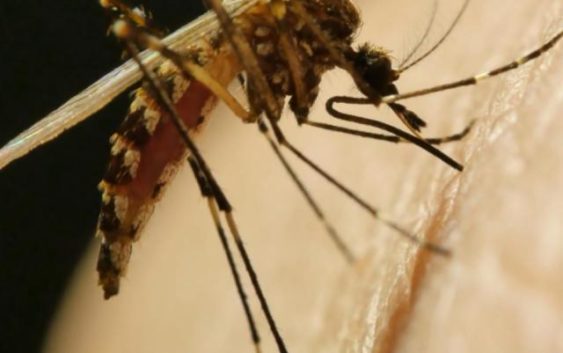- As city leaders consider expanding at-risk zone for wildfire damage, home builders say it could raise costs
- Is your neighborhood at high wildfire risk? | Here's how to check the city's wildfire risk map
- 'Be prepared now': Brad Panovich updates severe weather risk for Sunday
- 'Be prepared now': Brad Panovich updates severe weather risk for Sunday
- As anxiety around wildfires grows, Austin plans to add tens of thousands of acres to risk map
A rain pours in from Hurricane Ian, a death from mosquito-borne West Nile virus

The heavy rain of Hurricane Ian and relatively warm temperatures of early fall make for perfect breeding conditions for mosquitoes. On the same day that Ian dumped on North Carolina, the state Department of Health and Human Services announced the first West Nile virus death of the season.
West Nile is spread to humans by the insect pest which breed in warm water. The best prevention is to dump pools of standing water and to wear insect repellent.
“This is a tragic reminder that these infections, though relatively rare, can be fatal,” said Michael Doyle, state public health entomologist. “We see most cases of mosquito-borne illness in the months from August through October, so we urge residents to protect themselves from mosquito bites.”
The health department said around one in five people who are infected get sick. The symptoms of West Nile virus are:
- Headache
- Body ache
- Joint Paints
- Vomitting
- Diarrhea
- Rash
Most people who are infected with West Nile virus have no symptoms at all.
The virus is rare. Through September, just nine cases were reported in North Carolina, but in many years state sees none. Since 1999, the United States has recorded more than 50,000 cases of West Nile virus and about 2,500 deaths.